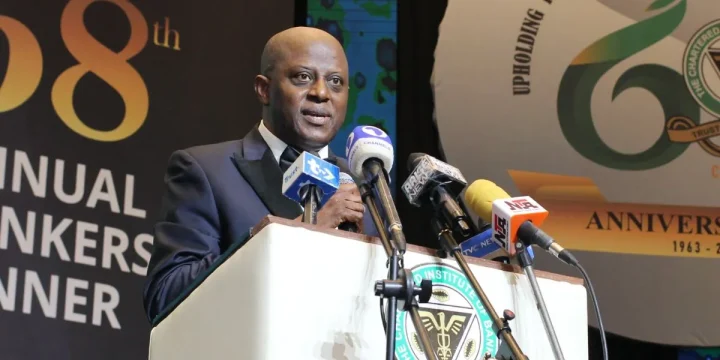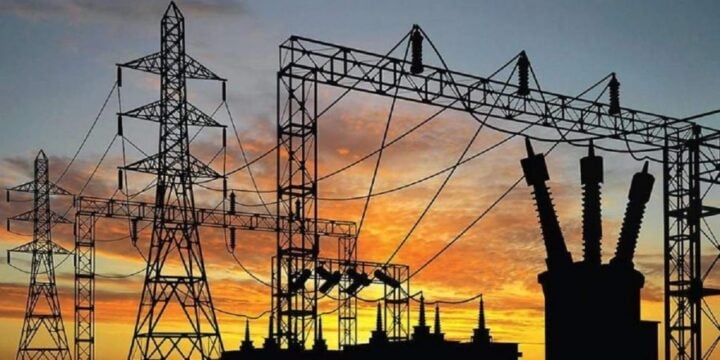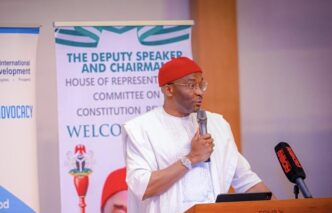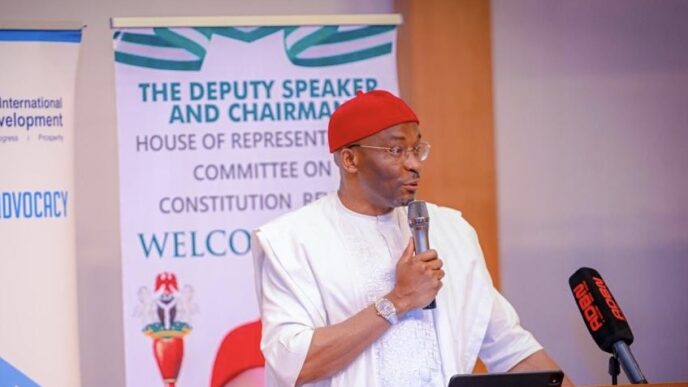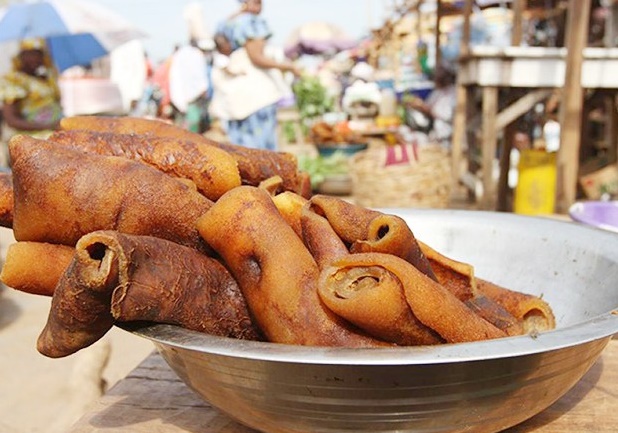Olayemi Cardoso, governor of the Central Bank of Nigeria (CBN), says the apex bank aims to cut inflation figures to a single digit in the medium to long term.
Cardoso spoke on Thursday at a news conference held in Abuja after the 299th monetary policy committee (MPC) meeting.
The governor’s statement follows the rebasing of the consumer price index (CPI) which brought down Nigeria’s inflation rate from 34.8 percent to 24.8 percent.
Cardoso said the rebased inflation rate reflects the true position of the nation’s inflationary position and is in line with international best standards.
Advertisement
“Despite the positive shift in inflation figures, the MPC opted to maintain the current MPR to ensure sustained economic stability,” he said.
“As always, we are data-driven. What we have is a CPI which is more reflective of the consumption pattern. To that extent, one commends the NBS for bringing this to reality.”
Cardoso said the CBN will continue to monitor both domestic and global risks to the Nigerian economy with a focus on mitigating them.
Advertisement
“We will certainly stay that course. We will be vigilant. We will not take anything for granted,” he said.
“We believe that inflation has been too high for too long.
“Our objective, in the medium to long term, is to ensure that we are able to bring this down from the double digits to the single digit.
“As we continue with the policies that we have embarked upon, we believe that the road of travel will be in that direction.”
Advertisement
Cardoso said achieving the single-digit inflation target would require stronger coordination between monetary and fiscal authorities, especially as improvements in various markets continue to progress.
“I will be deceiving you to say the fiscal will do it on its own, the monetary will do it on its own. It won’t be,” the economist said.
“Coordination has always been important. But at no time can it be as important, in my view, as the situation we have now, because we can see change in a positive direction, and we need to not only maintain and hold but also improve it.”
He also said the recent monetary policy forum, which successfully brought together fiscal and monetary authorities, marked the beginning of such coordination, highlighting the potential benefits of collaborative efforts.
Advertisement
FX RESERVES NOW $39BILLION
Cardoso also said Nigeria’s external reserves stood at $39.4 billion on February 14.
Advertisement
However, data from the apex bank’s website show that foreign reserves dropped from $39 billion recorded on February 14 to $38.7 billion on February 19 — down by $261.5 million.
“The external reserves remained robust at $39.4 billion as of 14 February 2025, translating to an import cover of 9.6 months for goods and services,” Cardoso said.
Advertisement
He noted that the CBN’s reforms such as the electronic foreign exchange matching system (EFEMS) and the new foreign exchange (FX) code have boosted investor confidence, stabilised the naira, and “increased reserves”.
Advertisement
Add a comment
